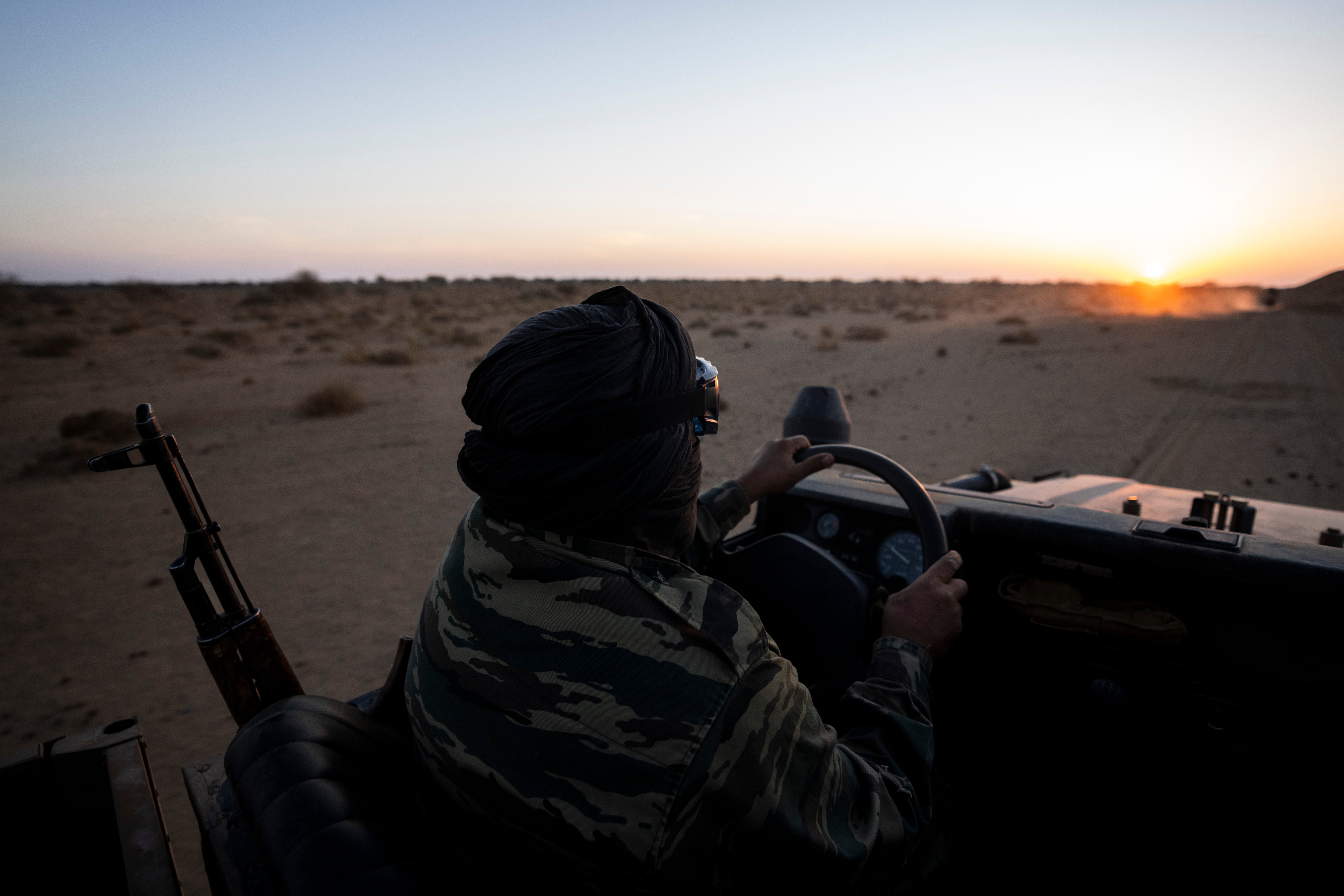UN urges talks on Western Sahara after cease-fire breakdown
The U.N. Security Council has extended the U.N. peacekeeping mission in the disputed Western Sahara for a year, expressing concern at the breakdown of the 1991 cease-fire between Morocco and the pro-independence Polisario Front and calling for a revival of U.N.-led negotiations

Your support helps us to tell the story
From reproductive rights to climate change to Big Tech, The Independent is on the ground when the story is developing. Whether it's investigating the financials of Elon Musk's pro-Trump PAC or producing our latest documentary, 'The A Word', which shines a light on the American women fighting for reproductive rights, we know how important it is to parse out the facts from the messaging.
At such a critical moment in US history, we need reporters on the ground. Your donation allows us to keep sending journalists to speak to both sides of the story.
The Independent is trusted by Americans across the entire political spectrum. And unlike many other quality news outlets, we choose not to lock Americans out of our reporting and analysis with paywalls. We believe quality journalism should be available to everyone, paid for by those who can afford it.
Your support makes all the difference.The U.N. Security Council extended the U.N. peacekeeping mission in the disputed Western Sahara for a year on Friday, expressing concern at the breakdown of the 1991 cease-fire between Morocco and the pro-independence Polisario Front and calling for a revival of U.N.-led negotiations.
The vote was 13-2, with Russia and Tunisia abstaining.
The U.S.-drafted resolution makes no mention of U.S. backing for Morocco’s claim to the mineral-rich territory in the waning days of the Trump administration as part of efforts to get Morocco to recognize Israel. And it did not mention the “low-intensity hostilities” -- as a recent United Nations report describes the violent exchanges between the two sides -- that have raged for the past year.
Morocco annexed Western Sahara, a former Spanish colony believed to have considerable offshore oil deposits and mineral resources, in 1975, sparking a conflict with the Polisario Front. The U.N. brokered the 1991 cease-fire and established a peacekeeping mission to monitor the truce and help prepare a referendum on the territory’s future that has never taken place because of disagreements on who is eligible to vote.
Morocco has proposed wide-ranging autonomy for Western Sahara. But the Polisario Front insists the local population, which it estimates at 350,000 to 500,000, has the right to a referendum.
The resolution calls on the parties to resume U.N.-led negotiations without preconditions, “taking into account the efforts made since 2006 and subsequent developments with a view to achieving a just, lasting and mutually acceptable political solution, which will provide for the self-determination of the people of Western Sahara.” It says this should be done “in the context of arrangements consistent with the principles and purposes of the Charter of the United Nations, and noting the role and the responsibilities of the parties in this respect.”
Two roundtable meetings of Morocco and the Polisario Front, along with the neighboring countries of Algeria and Mauritania, in December 2018 and March 2019 failed to make any headway on the key issue of how to provide for self-determination.
The resolution welcomes the appointment of Staffan de Mistura as Secretary-General Antonio Guterres’ new personal envoy for Western Sahara.